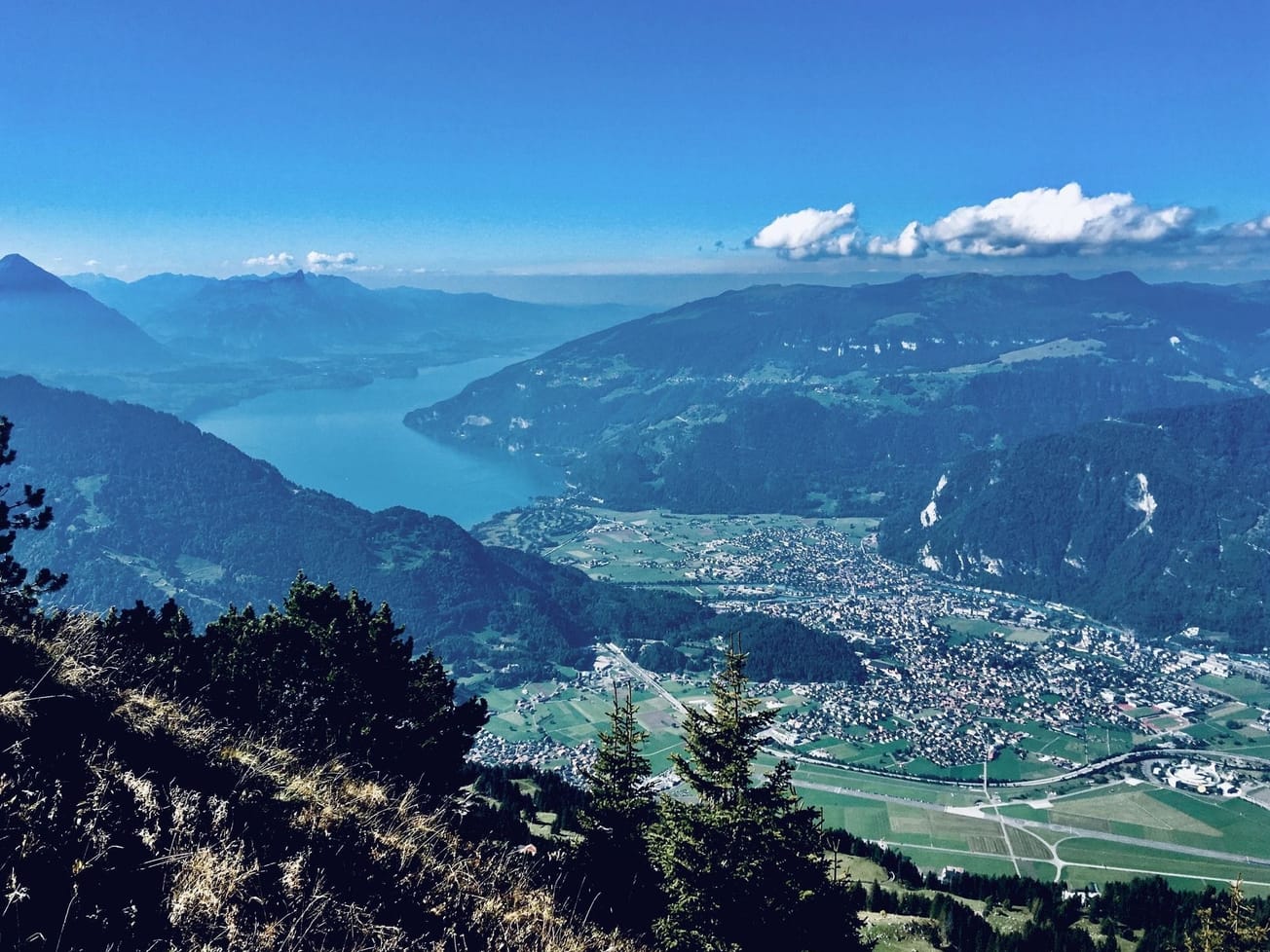INTERLAKEN, Switzerland (AN) – The U.N.'s panel of top climate scientists began meeting this week to approve a synthesis of its latest round of reports since the landmark 2015 Paris Agreement on climate change.
The synthesis, including a summary for policymakers, is the final instalment in the Intergovernmental Panel on Climate Change's Sixth Assessment Report, which is intended to prod urgent action.









